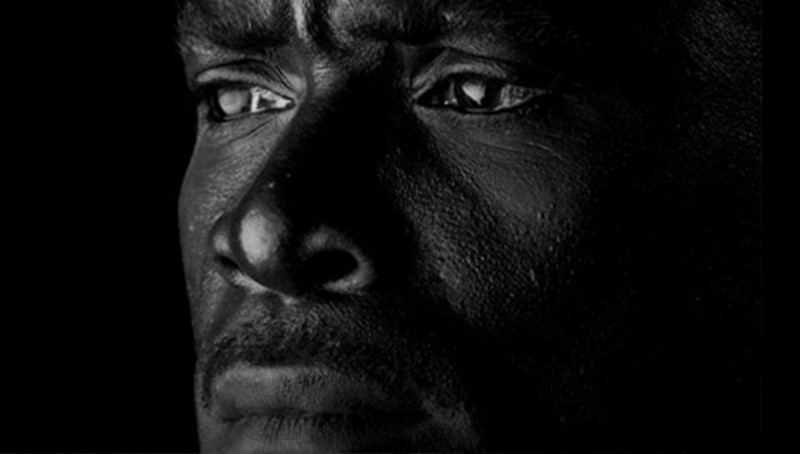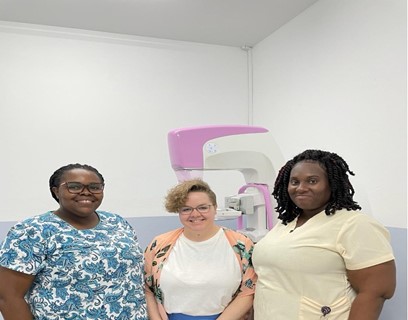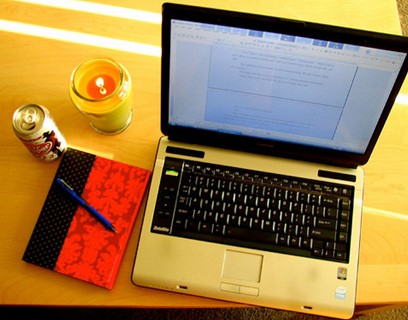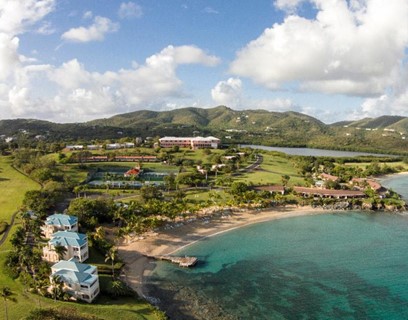
Cairo, Egypt - When Mohamed Ahmed Mohamed first started receiving calls on his mobile phone from an unknown number telling him to leave Egypt, he ignored them.
But when the threats against the Sudanese asylum-seeker increased and he began to receive emails and Facebook posts with the same message - "Get out of the country" - he grew nervous.
A member of one of Sudan's multitude of opposition groups, Mohamed tracked the messages back to a Sudanese embassy official - and took his concerns to the police. But he says the duty officer's response was terse - "Why should I believe you?". Other police stations also dismissed his fears.
"No one helps us. They never do," Mohamed said.
Black, non-Arab Africans say the case reveals long-standing racism that threatens the security and livelihoods of Egypt's sizeable sub-Saharan population. While refugees in the country face an overburdened and highly bureaucratic asylum system and aid organisations are underfunded and ill equipped to help them, non-Arab refugees face much more serious problems.
"You can be here 15 years as a recognised refugee and not for a moment of that will you ever be recognised legally or have a home," said Christopher Eades, director of legal programming at AMERA, a British NGO for refugees.
Aid workers believe sub-Saharan refugees are treated by different informal rules than those of Arab origin - excluded from schools, facing hurdles opening businesses and finding work, and hampered in legal cases.
Refugee hurdles
Lengthy UNHCR registration processes mean most refugees in Egypt must remain in the country without identification or any means of subsistence for at least three years.
They are forced into the dark economy, working illegally at cafes, on construction sites, and in other manual jobs where abuse is routine and they have little protection in law.
"Even if you're a recognised refugee, and you have a blue card, you have no right to medical treatment, no right to education, no right to work," Eades said.
As far as the state is concerned, the refugees fall into a legal grey area where the government has no obligation to provide for them.
"Egypt is part of the Arab world, and any place in the Arab world is your home," said Reda Sada El-Hafnawy, a member of the Shura Council's Human Rights Committee and the political wing of the Muslim Brotherhood. "They are welcomed but we can't put them under the protection of Egyptian law."
El-Hafnawy insists: "There is no racism in Egypt, so if there's abuse, it's from the absence of the law."
But aid workers and community organisers say otherwise - and believe not all refugees are created equal.
"When there was an influx of African refugees, there was no attention from the NGOs," said Yagoub Hamdan a Sudanese refugee and community outreach leader at AMERA.
However, when Syrians began pouring into the country in late 2012, the UN set up mobile stations throughout Cairo and the rest of the country, Hamdan pointed out.
"Why did they do that for Syrians when we had the same problem?"
Hamdan and other community organisers say Islamic aid organisations provide ample support to Syrians and Libyans, but rarely to non-Arab Africans.
Christian organisations
Lack of state support means non-Arab African refugees are forced to turn towards smaller NGOs and Christian organisations.
But lack of funding - and the hazards of operating in a climate often hostile towards Christians - greatly limits the ability of these groups to function effectively.
"We have always been told there is no space in Egyptian schools, they are overcrowded. Now we have Iraqi and Syrians, and they find a place in these schools," said an Italian priest working at a Catholic organisation who requested anonymity.
"Africans face deep political racism, and as an organisation, we get no help from the Egyptian state."
Racism faced by black Africans can also be found in politics, he added. When meeting with their Egyptian counterparts, black African embassy officials are often "told that being black, they have to keep a distance".
'Egyptians are not African'
This discrimination finds its was onto the street, and black Egyptians say they encounter constant social hurdles.
Nada Zeitoun, a Nubian filmmaker from the upper Egypt city of Aswan, was recently denied service at a pharmacy in central Cairo because the pharmacist said he "didn't accept money from black hands".
Zeitoun exposed the incident on social media and eventually the pharmacist was fired, but she says it was just one example of a broader culture of racism.
"Most Egyptians don't consider themselves African," she said.
Although Nubians are among the first inhabitants of what is now considered modern Egypt, "[Egyptian people] don't believe we have a huge provenance of Nubian people."
Zeitoun adds: "Even [deposed President Mohammed] Morsi thinks we are foreigners."
Several weeks after the incident, Zeitoun says she received a call from one of the owners of the pharmacy.
He told her: "I'm sorry, [the pharmacist] didn't know you were Egyptian. He thought you were an African refugee."
First published in Al Jazeera


